Bristol Coe Gallery is UK's first Aboriginal-owned art gallery
By Jasmine Ketibuah-Foley
Broadcast Journalist
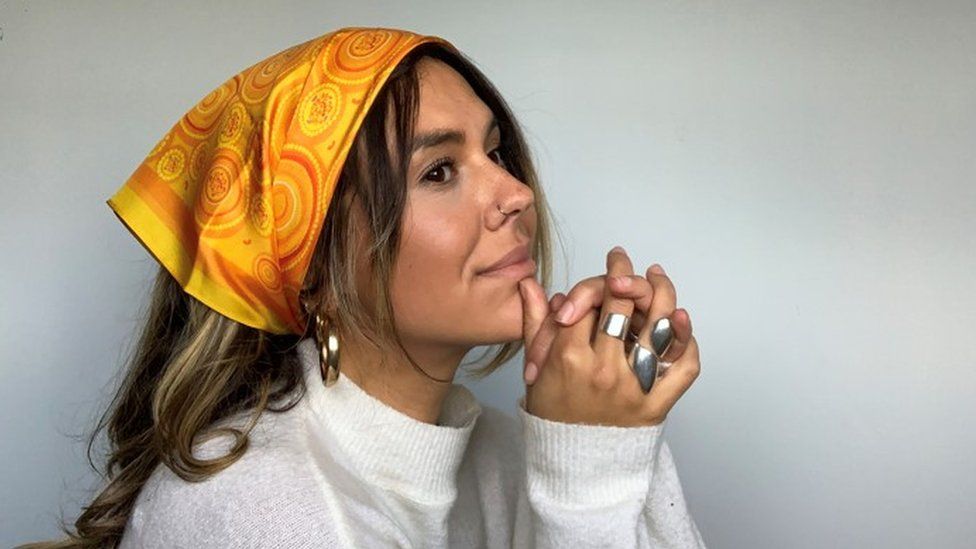 IMAGE SOURCE,JASMINE COE
IMAGE SOURCE,JASMINE COE
An artist inspired by her Aboriginal father is opening a pop-up gallery to reconnect with her roots and create a safe space for indigenous artists.
Wiradjuri-British artist Jasmine Coe, from Bristol, started making Aboriginal art after reconnecting with her activist father Paul Coe in 2016.
She said his history and the art and culture of Aboriginal people had helped her to accept her identity.
Coe Gallery will be the UK's first indigenous owned Aboriginal gallery.
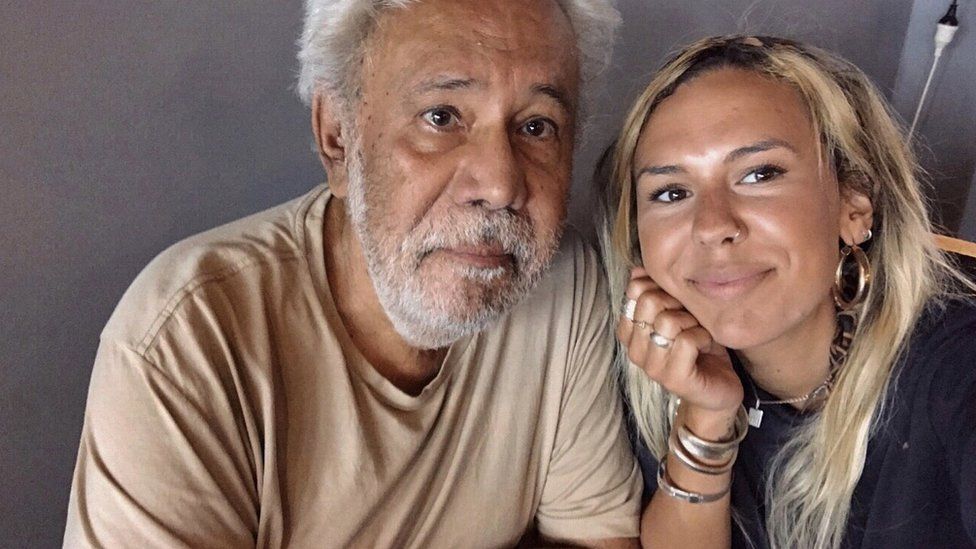 IMAGE SOURCE,JASMINE COE
IMAGE SOURCE,JASMINE COE
"Activism runs through my father's family, my art becomes a place where I can learn about the history of my culture and what my family have stood for," Miss Coe said.
Paul Coe has been involved in Aboriginal justice campaigns and the Aboriginal Land Rights movement since the 70s.
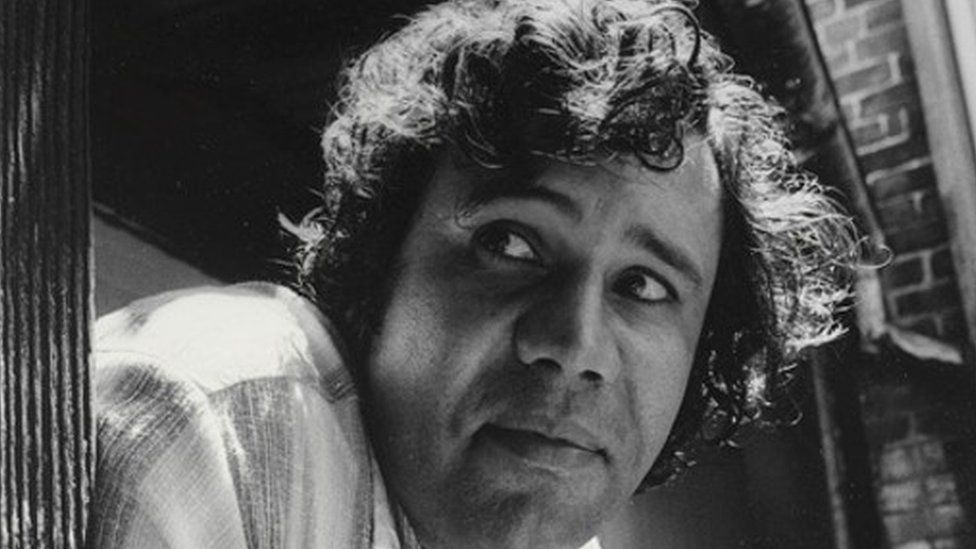 IMAGE SOURCE,JASMINE COE
IMAGE SOURCE,JASMINE COE
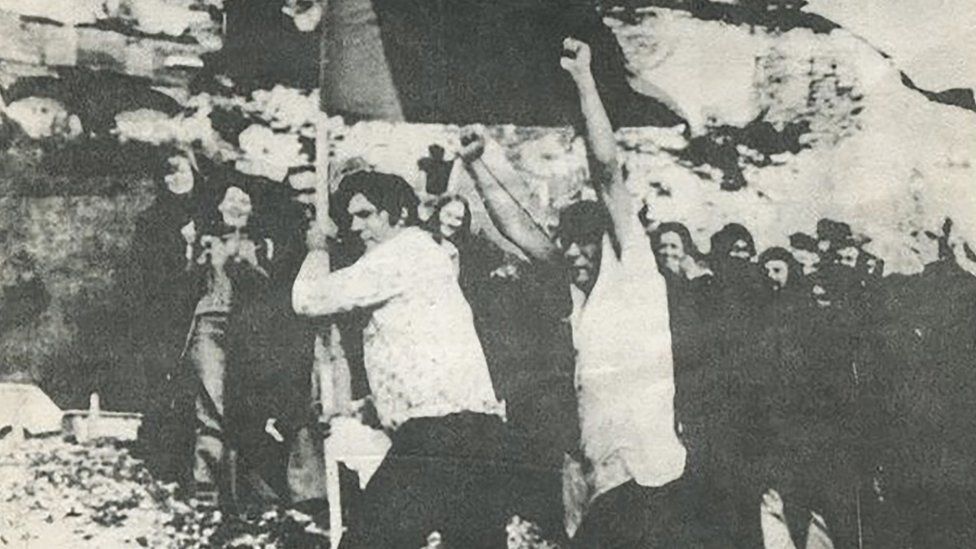 IMAGE SOURCE,JASMINE COE
IMAGE SOURCE,JASMINE COE
"The process of painting allows me to confront certain challenges I feel from having a mixed heritage - Aboriginal and British," Miss Coe added.
"The history of these two cultures is traumatic and at times left me feeling like two people clashing within one existence."
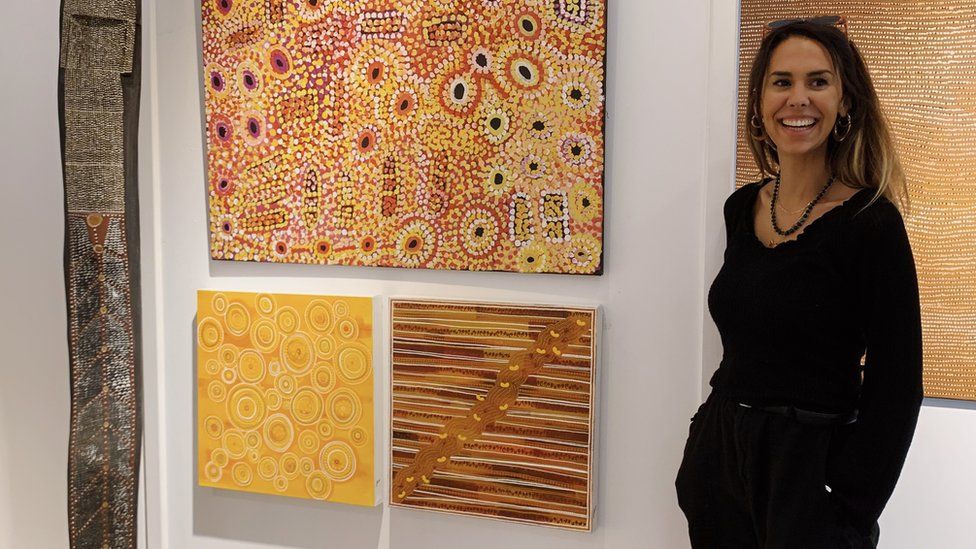 IMAGE SOURCE,JASMINE COE
IMAGE SOURCE,JASMINE COE
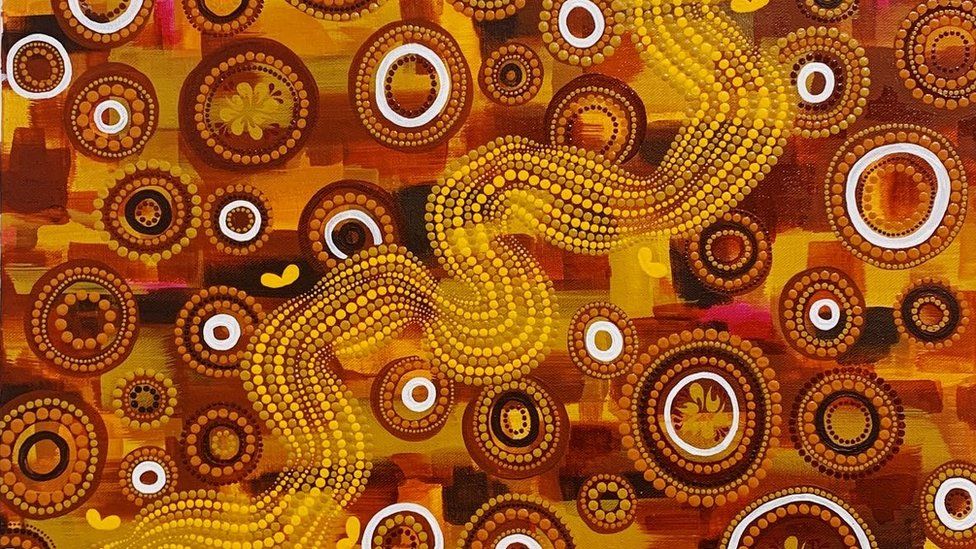 IMAGE SOURCE,JASMINE COE
IMAGE SOURCE,JASMINE COE
She said it was important to open the gallery in Bristol because of its connection to colonialism in Australia.
"During the 1800s the SS Great Britain brought more than 15,000 people from Liverpool to Melbourne," she said.
"Bristol is a city that has its own traumatic colonial history where the historical narrative is now being shifted.
"I believe there is space for the Indigenous experience to be heard and to share in how colonialism continues to affect Indigenous communities across the world."
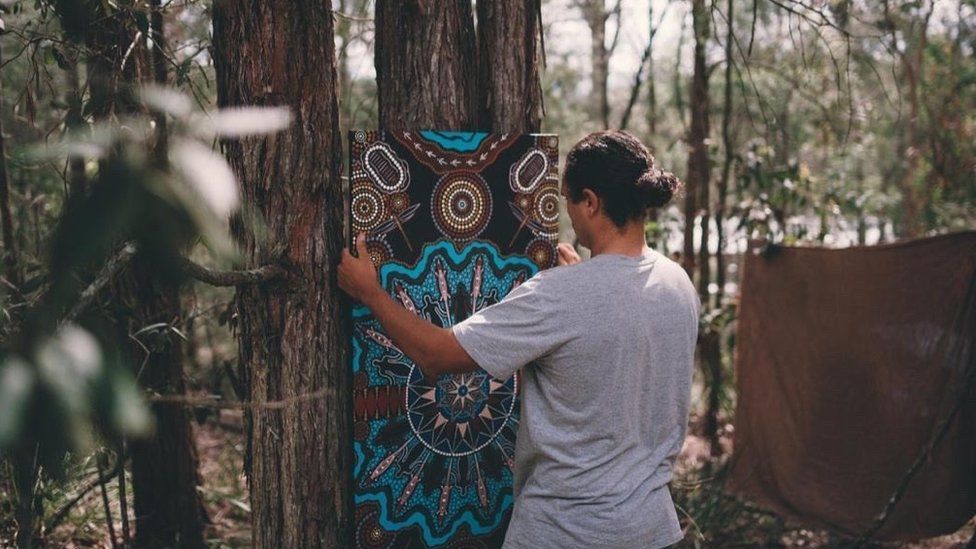 IMAGE SOURCE,@BURRUGUU_ART
IMAGE SOURCE,@BURRUGUU_ART
Aboriginal artist from Australia, Sandon Gibbs-O'Neill will show some of his art at Coe Gallery.
He said the new art space would demonstrate that Aboriginal communities are "not just surviving, we're actually thriving".
"I can only name a few Aboriginal art galleries here in Australia," he said.
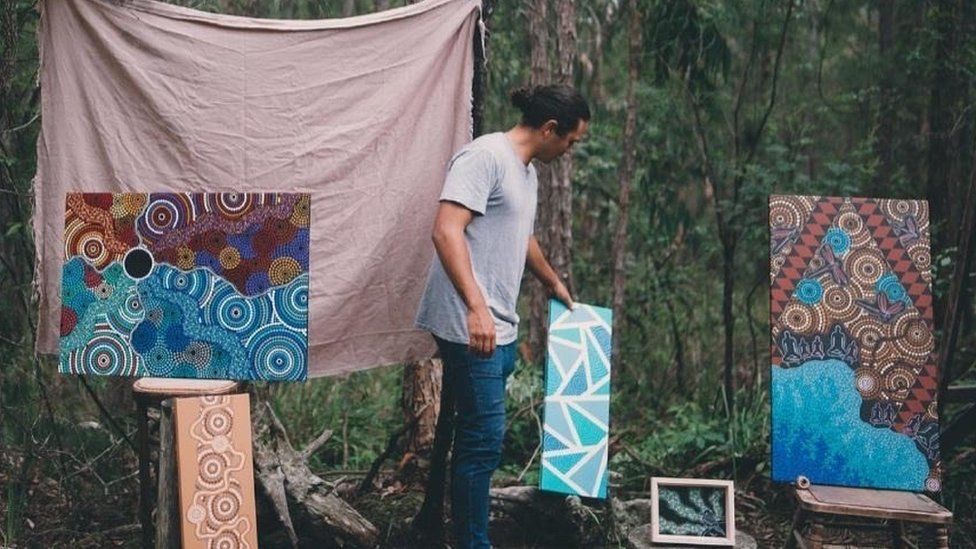 IMAGE SOURCE,@BURRUGUU_ART
IMAGE SOURCE,@BURRUGUU_ART
"I'm not sure any of them are even indigenous owned, so it's pretty special to have an indigenous-owned Aboriginal art gallery in Bristol.
"It's important for us to have control over our own narrative."
The first pop-up exhibition is expected to go ahead in the summer with the support of Bridging Histories and University of Bristol, until a permanent space has been found.
For full interview please visit
